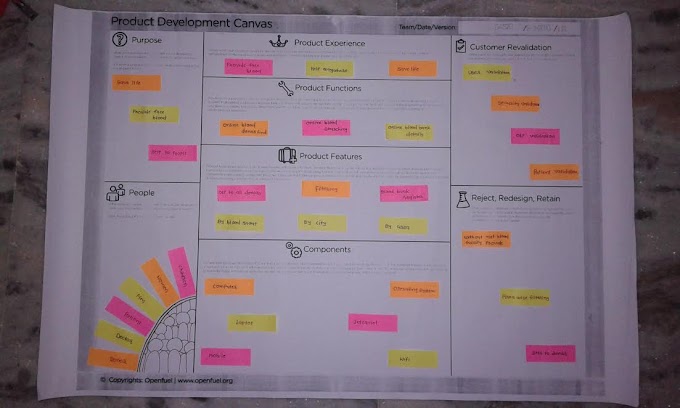Satish Dodia
2. Why deep work?
Replying to an email is a shallow work and working on a skill or an idea is deep work. Deep work is rare in today's work setting and life. Spending hours in depth is how academic researchers, scientists, artists,
authors, entrepreneurs, master craftsmen develop creative ideas and add significant values in organizations, in people's lives and in this world. Deep workers are some of the highly paid professionals on the planet.
A.1. Monastic – eliminate or radically minimize shallow obligations.
1. Deep Work- Meaning
2. Why deep work
3. Rules for Deep work
2. Why deep work
3. Rules for Deep work
1. Deep Work- Meaning
Deep work is an act of isolating focus to just one most important task at hand.
Your attention is tightly focused on a specific skill you are trying to improve or one idea you are trying to master. You're forcing the relevant brain circuits to fire again and again in isolation.
Deep work is an act of isolating focus to just one most important task at hand.
Your attention is tightly focused on a specific skill you are trying to improve or one idea you are trying to master. You're forcing the relevant brain circuits to fire again and again in isolation.
2. Why deep work?
Replying to an email is a shallow work and working on a skill or an idea is deep work. Deep work is rare in today's work setting and life. Spending hours in depth is how academic researchers, scientists, artists,
authors, entrepreneurs, master craftsmen develop creative ideas and add significant values in organizations, in people's lives and in this world. Deep workers are some of the highly paid professionals on the planet.
Ric Furrer – master craftsman whose work requires him to spend most of his day in depth; small concentration lapse can ruin hours of effort. And it’s satisfying. The deep life is not just economically lucrative, but also a life well-lived.
3. Rules:
A. Work Deeply: (How to integrate Deep work in your day?)
A.1. Monastic – eliminate or radically minimize shallow obligations.
A.2. Bimodal – seek to eliminate distraction / shallowness only during certain times. During the deep time, work monastically. The minimum time to dedicate is a day.
A.3. Rhythmic – Mark an “X” on the calendar whenever you are in depth, and watch the chain form. Soon enough you’ll keep going; you don’t want to see the chain break. Set a starting time each day rather than ad hoc.
A. 4. Journalistic – Writer Isaacson simply went up to work when he had the spare time, switching into deep work mode. This is how he wrote a 900pg book on the side.
B.Embrace Boredom:Take breaks from focus, not from distraction. The idea of an internet fast day doesn’t work if you’re binging the rest of the week. Taking a break from focus trains your brain to tolerate an absence of novelty.
C. Quit Social Media
D. Drain the shallows: Create or design an environment where you eliminate shallow work. Identify
shallow works in your days and try to reduce/ eliminate them.
shallow works in your days and try to reduce/ eliminate them.
E. No multitasking: We humans are not wired for multitasking. Focus and willpower are finite
resources. The effectiveness of our attention reduces with increasing
number of tasks we handle at particular time.
resources. The effectiveness of our attention reduces with increasing
number of tasks we handle at particular time.



0 Comments